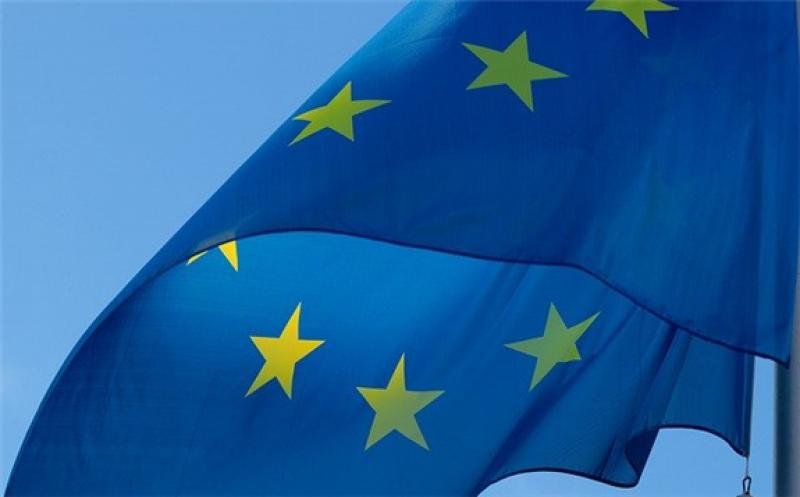A study published today finds that cogeneration is a primary enabler to achieve carbon neutrality in Europe and could save over €8 billion in energy system costs a year by 2050.

It states that realising the cost-effective potential for CHP in all sectors will maximise energy efficiency and integration of the European energy system at the lowest cost, while bringing key benefits to end consumers.
The study was published by data science company Artelys and commissioned by COGEN Europe. It finds that there is cost-effective potential for CHP as a key solution in a highly electrified, renewable and low demand net-zero emissions energy system.
Artelys’ projects director Christopher Andrey said the study “highlights the benefits of cogeneration in Europe under different 2050 carbon neutral pathways, at both user and system levels, across different geographies and in all sectors”.
“The study shows that a refined modelling of electricity-heat interlinkages is essential to assess the cost-effective potential for CHPs, in the context of the EU Green Deal in highly decarbonised contexts.”
The report states that when considering higher shares of bioenergy sources, CHP uptake is even more relevant fostering the efficient use of these fuels. It says that optimising CHP as part of integrated energy systems leads to an energy system cost reduction of between €4 and €8.2 billion by 2050.
It finds that CHP will displace less efficient power-only and heat-only generation, contributing 13-16% of total power and 19-27% of total heat production in 2050, and adds that “optimised CHP will operate flexibly and efficiently when and where needed, especially at times of peak demand by heat pumps and electrical vehicles and insufficient wind and sun generation”.
COGEN Europe managing director Hans Korteweg said the study “shows that cogeneration enjoys widespread support in the EU and beyond, as a solution of choice across all sectors”.
“Furthermore, it indicates that there is a cost-effective potential for 40 GW of additional cogeneration capacity to be built between now and 2050. This will bring efficient, flexible and affordable power and heat to hundreds of cities and industries, as well as millions of citizens.
“An ambitious and predictable regulatory framework for cogeneration is imperative to fully reap the benefits of efficiency and energy systems integration for citizens, businesses and the energy system between now and 2050.”
Marco Pezzaglia, COGEN Europe’s chairman, added: “In a resource-finite world, we can no longer afford wasting energy. Cogeneration needs to be prioritised over the inefficient separate production of heat and power starting today. This will help maximise energy efficiency in key sectors of the economy and integrate the European energy system at the least cost.”